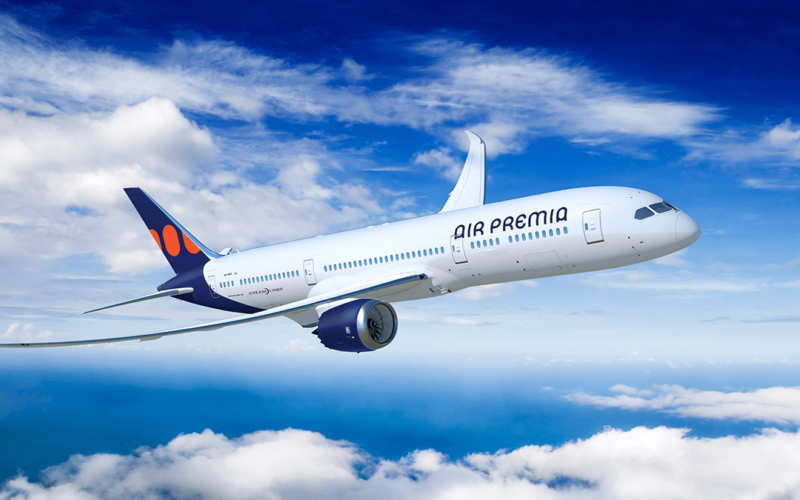Last year, South Korea added three new low-cost airlines to its aviation market, but the sudden outbreak of COVD-19 has put them in a dilemma. One of them has already announced unpaid leave for employees before its first commercial flight.
After 2010, the Korean aviation industry has developed rapidly, with the passenger volume doubling in eight years. Therefore, South Korea relaxed the air transport license restrictions, believing that the aviation industry could create more jobs and approved three low-cost airlines in March last year. However, the number of South Korean tourists to Japan last year has decreased significantly, which has brought a great blow to the low-cost airlines in the market, as they account for 30% of Japan’s routes.
This year, South Korea’s low-cost airlines can only focus on the domestic market because of travel restrictions. They added more routes and flights continuously and began a price war. Despite the recent resumption of international travel, most of them are in commercial demand. It required an occupancy rate of more than 70percent for the company to profit, but the rate is only about 30 percent now for Korean low-cost airlines.
In Seoul Gimpo International Airport, the hub of domestic flights, many airlines are flying now but only to a few destinations. The taking off interval is about every 5-10 minutes, which is very dense. At present, there are 11 airlines in South Korea. Taking off two giants – Korean Air and Asiana, there are 9 low-cost airlines. Compared with 9 in the United States and 8 in Japan, the number seems too much for the market.
Under the impact of COVID-19, low-cost airlines in Korea wanted to follow the example of two airline giants, Korean Air and Asiana, to turn the situation around by cargo. However, it is not so easy due to the lack of experience, and it will take a long time to get approval from the authorities. By the end of this month, the government’s subsidies to the airline industry will end, making it more difficult to afford employees’ salaries.
Another low-cost carrier Airpremia decided to postpone the first commercial flight, which initially planned for last month, and announce unpaid leave for non-essential employees.
Fly Gangwon, which just entered the market at the end of last year, has implemented unpaid leave for two-thirds of its employees since the beginning of this month. Nine senior executives have resigned collectively. At present, only one plane flies the domestic route in South Korea. Aero K Airlines, which was ready to enter the market, has no final conclusion on its first flight date.
The new low-cost airlines were counted on to liven up the local airport and tourism market, but now they have to rely on local financial support to overcome the crisis.

